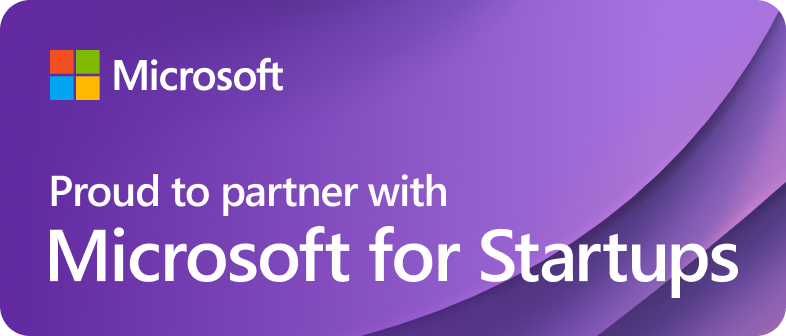If you’ve read anything about remote work, you’re probably aware of the endless list of fantastic promises made by proponents. If only you could work from home, you’d have no more dreadful commutes, be a productivity genius, have prettier hair, dance without making people uncomfortable, and your jeans would always fit flawlessly! What an amazing life you’d have!
I’m not going to lie and say we aren’t a little culpable. We truly believe that remote employment can make a difference in people’s lives. However, there are some serious drawbacks that we’d like to discuss.
Working Remotely Has Its Advantages and Disadvantages
When it comes to remote work, it’s vital to distinguish between fully distributed teams and individuals who operate from home. If you’re the sole one working remotely, there are a variety of drawbacks. More people are working from home. The bulk of employees, though, will still spend at least one day at work.
Growth
The remote-office difference might limit remote employees’ career chances if they work remotely between 20% and 80% of the time. Employees who worked from home were promoted at half the rate of those who worked in the company’s headquarters, according to a Stanford University research conducted in collaboration with Ctrip, China’s largest travel agency.
Similar findings were found in a study that posited that management was 9% more likely to describe in-office workers as “consistent” and “professional,” according to the study.
This is one of the most common work-from-home fallacies, and it’s a significant reason why it’s still seen negatively. Remote working lowers overhead costs; 83% of employees would prefer to work from home, and 77% of those that do so say they are more productive than when they are in the office. Despite several studies proving the reverse, many people still feel that remote working reduces productivity for unknown reasons. Though there may be a learning curve, once you get through it, this misconception will be thoroughly refuted.
Productivity
Not everyone is fortunate enough to be able to work from home, and even those that are won’t have automatic access to what other team members or teams are up to. Managers of remote workers are in the same boat, as they may not know what their employees are working on. Communication and trust are the keys to success. These two are critical pieces of the remote working puzzle, and they’re required to dispel typical work-from-home fallacies.
This is where software comes into play.
Executives have traditionally been expected to monitor the work of their immediate reports. Working remotely does not alter this, but it does alter the manner in which executives must check-in. In-person catch-ups will be replaced by new processes like as daily check-ins or virtual meetings, while tech platforms such as G-Suite and Asana allow managers and staff to access and share assets remotely and update schedules as tasks are accomplished.
Communication Gaps
Another one of our work-from-home myths. Technology improvements have also made it easier for us to communicate with one another remotely, similar to cloud-based storage. Not only are devices becoming more affordable to manufacture and purchase, but the infrastructure for connecting them is also improving, and as a result, the ways we communicate are changing. It was email and phone 10 years ago, with a fax machine thrown in for good measure. We now have all of those things as well as a lot more. Every microsecond of the day, tools like Slack, Workplace, Facetime, Skype, WhatsApp, iMessage, and even Instagram link people and ideas.
The Office Culture
This is a difficult notion to delve into, especially in the midst of a global pandemic. Many employees now work from home not because they want to, but because they don’t have any other options. Remember, they’re the fortunate ones; some people are unable to work. Employees are entering new routines with new distractions and challenges, in addition to the uncertainty of COVID-19. Employers can ensure that their employees are engaged and happy when working remotely by improving data accessibility and communication. Encourage employees to share their WFH setup or introduce themselves to the other people in their “office” by holding regular virtual get-togethers.
Remote work is here to stay, and millions of individuals all over the world value and support this form of work flexibility.
Though stereotypes about working from home continue, the truth is that remote work allows millions of Africans to work in occupations they enjoy while also balancing the demands of life — and doing so successfully.
Are you a tech talent looking for remote gigs? Are you interested in working for top firms around the world from the safety of your apartment? Then Prodevs is for you.
Sign up as a tech talent on prodevs.io today!













